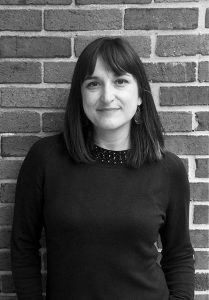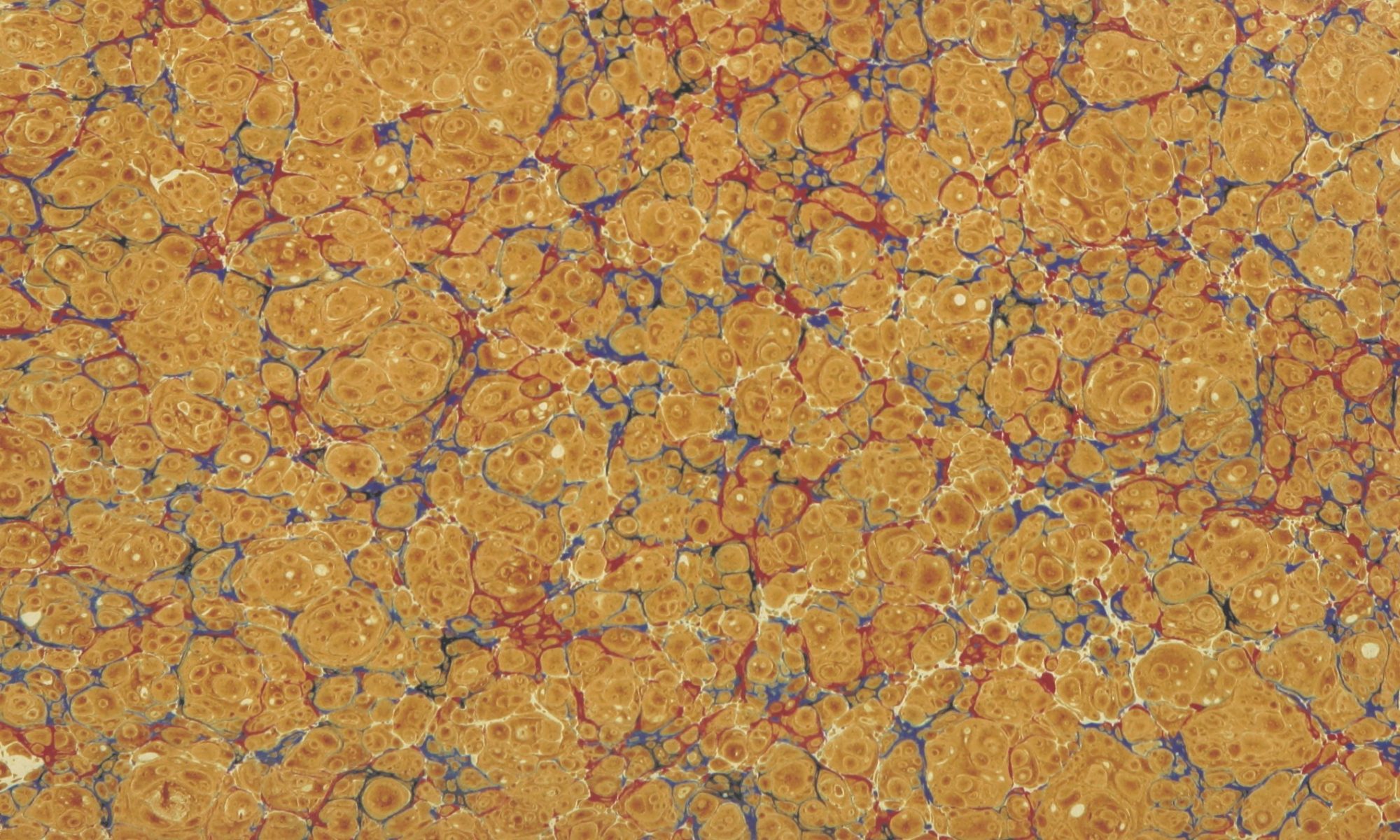
Translated by Eleanor Barton, Will Challis, Saisha Gulamhussein and Katie Hodgson. Read by Will Challis (University of Leeds).
Seventeen
The number seventeen bus
takes me from the university into town.
The city, any city of the rich North,
moves laboriously, buried under the snow
and accustomed to the cruelty of thermometers.
Still shivering, I hand over the coins
in exchange for the privilege of human warmth
and the condensation on the windowpanes. I pay,
thankful for having been saved
from my shipwreck adrift on the frozen sea.
I am not Black. I am not Black. Dozens of eyes
gnaw at me like frenzied fish
fighting over a feed. I sit down in silence.
I think about García Lorca and the king of Harlem,
I think about Blackness and beauty,
I think about the creases around their mouths,
about the oasis in the palms of their hands
and the untameable curls of their hair.
They do not know it, but there is something telluric
in the way their words and skins brush against each other
in the survival instinct
that becomes music and large families,
covering the cracked walls in the poorest neighbourhoods
with love and violence.
I make a mental note:
There is nothing more spiritual in America than Black folk.
At the immigration office,
while filling in forms
they want to know the colour of my eyes.
And then of my hair, too. Finally
they offer me various boxes to indicate,
bluntly, what is my race: White?
It would be difficult to summarise the history of Spain
and explain to them that I am neither white nor Black,
I am made of different bloods and peoples;
that my nose is Jewish, my features maybe Arab
and my surname, Moreno, possibly Castilian.
It occurs to me that they are not interested
and, besides, it doesn’t fit in their boxes. In defeat,
I declare myself part of the victorious race.
But I think of Black folk with envy at
the profound kinship that defines
and protects them,
because at least
they know of the pride of being different
and not being able to hide it.
And not wanting to either.
Leído por la autora
Diecisiete
El autobús número diecisiete
me lleva de la universidad al centro.
La ciudad, una cualquiera del Norte rico,
se mueve trabajosamente, sepultada bajo la nieve
y acostumbrada a la barbarie de los termómetros.
Aún tiritando, entrego las monedas
a cambio del privilegio del calor humano
y el vaho en los cristales. Pago
agradecida por haber sido salvada
de mi naufragio a la deriva en un mar helado.
No soy negra. No soy negra. Decenas de ojos
me mordisquean como peces ávidos
disputándose el alimento. Me siento en silencio.
Pienso en García Lorca y en el rey de Harlem,
pienso en la negritud y en la belleza,
pienso en las arrugas alrededor de sus bocas,
en el oasis de las palmas de sus manos
y los rizos indomables de su cabello.
Ellos no lo saben, pero hay algo telúrico
en la manera en que se hablan y se rozan,
en el instinto de supervivencia
que se hace música y familia numerosa,
cubriendo de amor y de violencia
las paredes agrietadas de los barrios más pobres.
Anoto mentalmente:
los negros son lo más espiritual de América.
En la oficina de inmigración,
al rellenar formularios
quieren saber el color de mis ojos.
También el de mi pelo. Por último
me ofrecen varias casillas para que indique,
sin más rodeos, cuál es mi raza: ¿Blanca?
Sería difícil resumirles la historia de España
y explicarles que no soy blanca ni negra,
que estoy hecha de sangres y de pueblos distintos;
que mi nariz es judía, mis rasgos tal vez árabes
y mi apellido, Moreno, posiblemente castellano.
Se me ocurre que no les interesa
y además no encaja en las casillas. Resignada,
me declaro parte de la raza victoriosa.
Pero pienso con envidia en los negros
y la hermandad profunda que les define
y les protege,
porque al menos ellos
saben del orgullo de ser distinto
y no poder ni querer ocultarlo.
(Geografía enemiga. Los dones perversos. Zaragoza: Libros del
Innombrable, 2005)
Sitio web de la autora: https://www.mariapazmoreno.com/

